- Accept card payments – lowest rates from 0.27%
- Keep your card processing fees to a minimum
- Direct access to the UK’s leading card processing banks
- We ensure your rates always remain competitive
No spam emails or calls
Choose from the payment methods then click Next
What's your turnover each month?
Enter the name of your company
Enter your company's postcode and contact number
Tell us what you need
Fill in our quick form and we’ll give you a call for a brief 5-minute chat to understand exactly what you're looking for.
Get tailored quotes
We’ll match you with up to three of the most competitive offers from our trusted providers that suit your business.
Pick with confidence
We’ll help you understand the options so you can choose the best fit — quickly, clearly, and without any pressure.
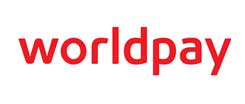
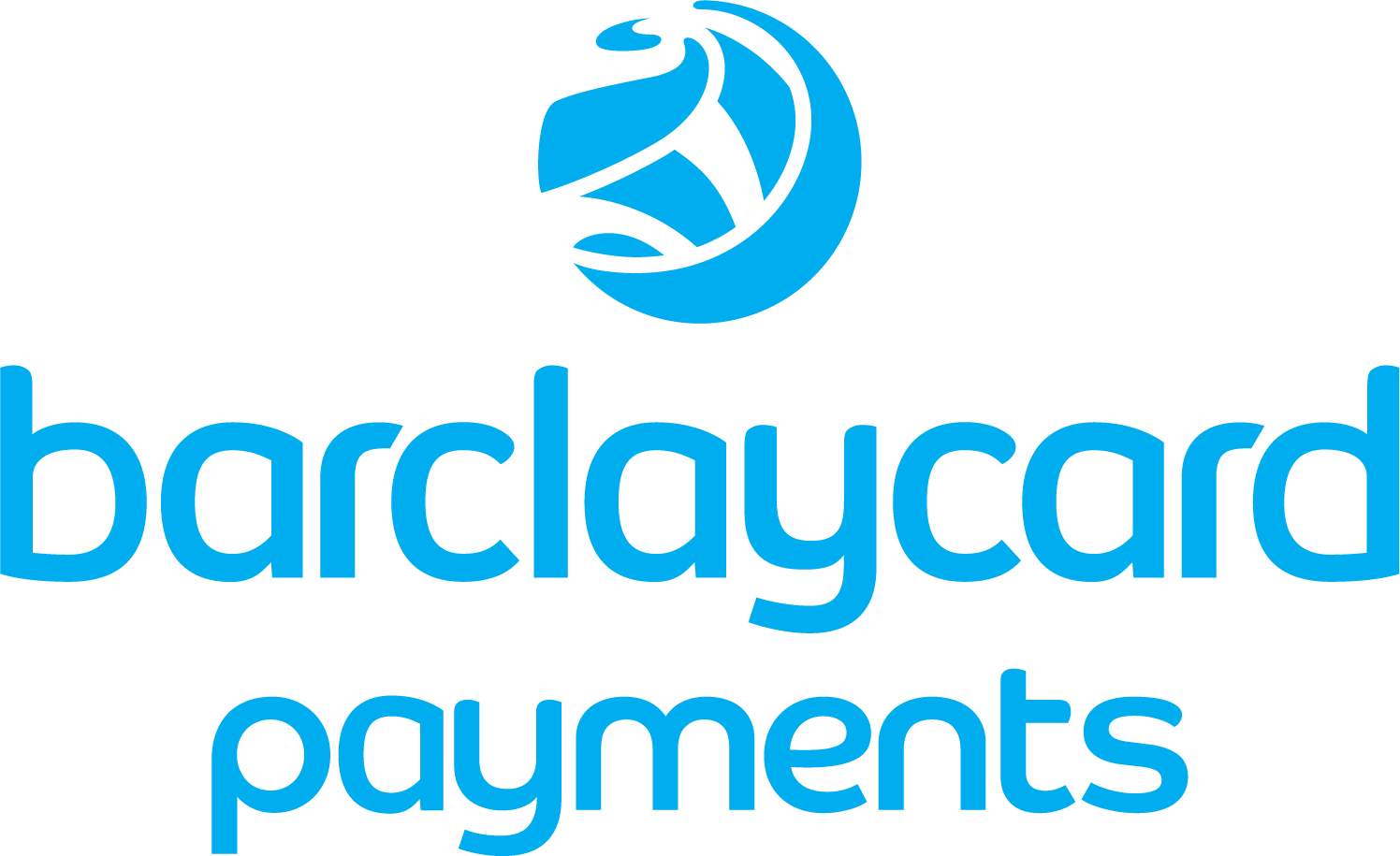

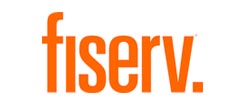
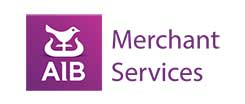
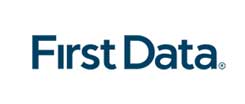
Top Payment Solutions for Seamless Transactions in Today’s Market
In today’s fast-paced digital economy, businesses and consumers alike demand efficient, secure, and flexible payment solutions. These systems benefit users by improving customer experience and operational efficiency. Whether you’re a small business owner, a freelancer, or a large corporation, choosing the right payment system can significantly impact cash flow, customer satisfaction, and overall revenue.
The UK market offers a variety of alternative payment methods, from traditional debit cards and cheques to modern real-time payments and payment links. This guide explores the best payment solutions available, their benefits, fees, and eligibility requirements, helping you make an informed decision for your business or personal transactions.
Introduction to Payment Systems
Payment systems are the backbone of the UK’s economy, facilitating secure and efficient transactions between individuals, businesses, and financial institutions. These systems encompass a variety of alternative payment methods, including debit cards, credit cards, and online payment links. For example, the CHAPS payment system is renowned for its ability to handle high-value transactions swiftly and securely, while the Image Clearing System revolutionizes cheque processing by enabling digital scans. Understanding these payment systems is crucial for businesses and individuals to navigate the complex world of transactions and ensure seamless payments.
1. Traditional Payment Methods Still in Use
While digital payments dominate, some traditional methods remain relevant.
A. Debit and Credit Cards
Paid using debit cards is the most common way to pay for goods and services in the UK. They offer convenience, security, and instant transfer of funds.
-
Pros:
-
Widely accepted in-store and online.
-
Secure (Chip & PIN, contactless, and securely stored details).
-
Instant purchase confirmation.
-
Cons:
-
Some businesses face high fees (interchange rates).
-
Risk of fraud if not properly secured.
B. Cheques
Though declining, cheques are still used for property deposits, legal settlements, and older customers. Cheques are often issued as a bill for services or goods provided.
-
Pros:
-
No need for digital infrastructure.
-
Useful for high-value transactions.
-
Cons:
-
Slow processing (up to 6 working days).
-
Failure risk if account lacks funds.
2. Modern Digital Payment Systems
A. Faster Payments Service (FPS)
The Faster Payments system enables near-instant bank transfers within the UK. This system has enabled near-instant bank transfers and improved payment processing, enhancing operational stability and customer experiences.
-
Key Features:
-
Transfers under £250,000 usually within seconds.
-
Used for bills, subscriptions, and peer-to-peer payments.
-
Eligibility Requirements:
-
Must have a UK bank account.
-
Some providers impose daily limits.
B. CHAPS Payment System
The CHAPS payment system is designed for high-value transactions (e.g., property purchases). Our commitment to transparency and accountability ensures that the CHAPS system remains reliable and efficient.
-
Key Features:
-
Same-day settlement (if initiated before cut-off times).
-
Typically used for amounts over £10,000.
-
Costs:
-
Higher fees (£20-£30 per transaction).
C. Bacs Direct Credit & Direct Debit
-
Bacs Direct Credit: Used for payroll, recurring payments, and income deposits. Bacs Direct Credit can also be used for advance payments for services, allowing fees to be established ahead of time for the upcoming year.
-
Direct Debit: Automated payments for subscriptions and bills.
-
Processing Time: Up to 3 working days.
3. Alternative Payment Methods (APMs) Gaining Popularity
A. Real-Time Payments (RTP)
Real-time payments are transforming how money moves globally. They ensure the complete settlement of transactions, eliminating credit risk between settlement members.
-
Examples:
-
UK’s Faster Payments.
-
SEPA Instant in Europe.
-
Benefits:
-
24/7 availability.
-
Improves cash flow for businesses.
B. Payment Links
A simple way to create and share a link for payments via email or messaging apps.
-
Use Cases:
-
Freelancers invoicing clients.
-
E-commerce checkout page alternatives.
-
-
Providers: Stripe, PayPal, GoCardless.
C. Mobile Wallets (Apple Pay, Google Pay, Samsung Pay)
-
Pros:
-
Contactless and secure (tokenization).
-
Faster checkout process.
-
-
Cons:
-
Limited access in some countries.
-
D. Cryptocurrency Payments
Though volatile, crypto is accepted by some businesses for international exchange. Cryptocurrency payments are utilized in various markets for international transactions, allowing businesses to expand into new regions and adapt to local customer preferences.
-
Pros:
-
Low fees for cross-border transactions.
-
Decentralized (no bank intermediary).
-
Cons:
-
Regulatory risk.
-
Value fluctuations.
4. Payment Processing Platforms
Payment processing platforms, such as Stripe, are essential tools for businesses looking to accept and process payments securely and efficiently. These platforms offer access to a wide range of payment methods, including credit cards, debit cards, and alternative payment methods. They also provide features like recurring payments, payment links, and real-time payments, simplifying transaction management for businesses. By leveraging a payment processing platform, businesses can minimize the risk of payment failures and enhance their overall payment experience, ensuring that transactions are completed securely and efficiently.
4. Recurring Payments & Subscriptions
For businesses with subscription models (SaaS, memberships), automated recurring payments are essential. Payment processing platforms rely on a network of interconnected systems to facilitate transactions, ensuring seamless operations and customer experiences.
Key Providers:
GoCardless: Specializes in Direct Debit. Key providers allocate resources to ensure efficient recurring payments and subscriptions, optimizing both human and technical resources for better service delivery.
Stripe Billing: Flexible recurring payments with payment links.
PayPal Subscriptions: Easy integration for small businesses.
Benefits:
-
Predictable revenue stream. The expected benefits of recurring payments and subscriptions include more stable and predictable revenue streams, which can help businesses plan and grow more effectively.
-
Reduces late payments.
Challenges:
-
Failure due to expired cards.
-
Customer disputes.
Support is essential in managing recurring payments and subscriptions to avoid failures and disputes.
5. Image Clearing System (ICS) for Cheque Processing
The Image Clearing System speeds up cheque processing by allowing digital scans instead of physical transport.
-
How It Works:
-
Cheque images are sent electronically.
-
Faster settlement (next business day).
-
-
Impact:
-
Reduces costs for banks.
-
Improves delivery of funds.
-
7. Settlement Services and Agents
Settlement services and agents play a pivotal role in the payment system by facilitating the transfer of funds between accounts. The Bank of England, for example, acts as a settlement agent for various payment systems, including CHAPS and RTGS. These services ensure that payments are processed securely and efficiently, reducing the risk of payment failures and disputes. By utilizing a settlement service, businesses and individuals can ensure that their transactions are settled quickly and securely, providing peace of mind and maintaining the integrity of the payment system.
6. Security & Fraud Prevention in Payments
With rising cyber threats, security is a top concern.
Legal proceedings in court can resolve payment disputes and ensure compliance with payment agreements, providing an additional layer of security.
Best Practices:
-
Tokenization (replacing card details with tokens).
-
Each person involved in the transaction must follow best practices to ensure security and prevent fraud.
-
3D Secure authentication (e.g., Verified by Visa).
-
Real-time fraud detection (AI-based systems).
Risks to Avoid:
-
Phishing scams.
-
Weak checkout page security.
9. Governance and Risk Assessment
The governance and risk assessment of payment systems are critical to maintaining their stability and security. The RTGS/CHAPS Board, for example, provides strategic leadership for the RTGS infrastructure and CHAPS payment system, overseeing all risks that could impact the system’s resilience. The Board delegates the monitoring of the CHAPS and RTGS risk management framework to the RTGS/CHAPS Board Risk Committee. By rigorously assessing and managing risks, payment systems can operate securely and efficiently, significantly reducing the likelihood of payment failures and disputes, and ensuring the continued trust of users.
7. Choosing the Right Payment Solution for Your Business
Factors to Consider:
-
Transaction volume (high-volume businesses need low fees).
-
Allocating resources effectively is crucial for managing payment solutions, ensuring that both human and technical resources are optimized for service delivery.
-
Customer preferences (local vs. international).
-
Integration with existing systems.
Next Steps:
The UK payment landscape offers diverse solutions, from Faster Payments and CHAPS to payment links and recurring payments. Selecting the right system depends on business needs, customer behavior, and costs. Accurate reports in financial transactions are crucial when choosing a payment solution, as they affect taxable income calculations and overall financial health.
By leveraging modern alternative payment methods, businesses can enhance revenue, improve cash flow, and offer a seamless checkout experience. Stay ahead by adopting secure, fast, and flexible payment services tailored to your company’s needs.
Would you like help integrating the best payment solution for your business? Contact us today for expert advice!